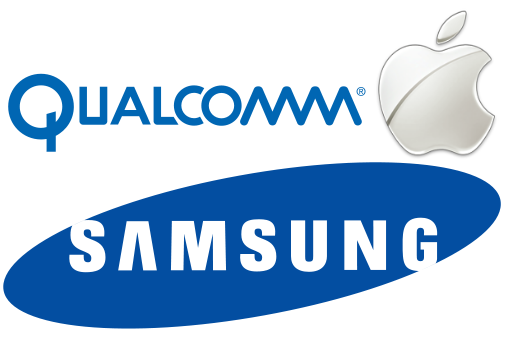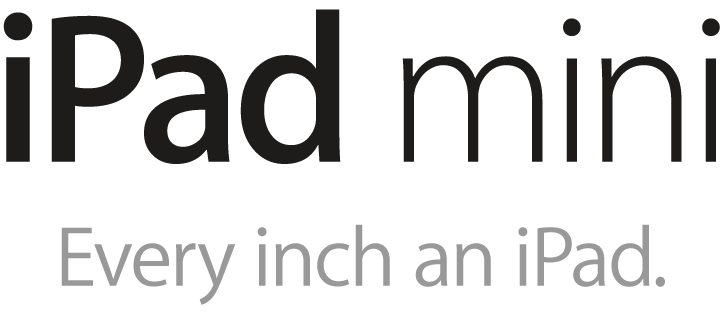 BBC reported today that Apple was recently denied a trademark for “iPad mini” after authorities in the United States claimed the term was “merely descriptive.” Apple still has until July to convince the United States Patent and Trademark Office, but its official stance thus far according to a recently surfaced document is that iPad mini fails to “create a unique, incongruous, or non-descriptive meaning in relation to the goods being small handheld mobile devices comprising tablet computers capable of providing internet access.” In other words, “mini” simply describes a variation of the device, rather than a unique feature that differentiates it from the full-sized iPad.
BBC reported today that Apple was recently denied a trademark for “iPad mini” after authorities in the United States claimed the term was “merely descriptive.” Apple still has until July to convince the United States Patent and Trademark Office, but its official stance thus far according to a recently surfaced document is that iPad mini fails to “create a unique, incongruous, or non-descriptive meaning in relation to the goods being small handheld mobile devices comprising tablet computers capable of providing internet access.” In other words, “mini” simply describes a variation of the device, rather than a unique feature that differentiates it from the full-sized iPad.
An excerpt from the USPTO document:
The term “IPAD” is descriptive when applied to applicant’s goods because the prefix “I” denotes “internet.” According to the attached evidence, the letter “i” or “I” used as a prefix and would be understood by the purchasing public to refer to the Internet when used in relation to Internet-related products or services. Applicant’s goods are identified as “capable of providing access to the Internet”.
The term “PAD” is also descriptive of the applied for goods. The term “pad” refers to a “pad computer” or “internet pad device”, terms used synonymously to refer to tablet computers, or “a complete computer contained in a touch screen.” Please see the attached dictionary definition. In addition, the attached excerpts from third party websites show descriptive use of the term “pad” in connection with tablet computers. This marketplace evidence shows that the term “pad” would be perceived by consumers as descriptive of “pad computers” with internet and interactive capability. Applicant’s goods are identified as “a handheld digital mobile electronic device comprising tablet computer”.
The term “MINI” in the applied for mark is also descriptive of a feature of applicant’s product. Specifically, the attached evidence shows this wording means “something that is distinctively smaller than other members of its type or class”. See attached definition. The word “mini” has been held merely descriptive of goods that are produced and sold in miniature form.
The main request by the USPTO is that Apple added a disclaimer clarifying that it is only seeking the exclusive right to “MINI” as part of the entire iPad trademark. That would prevent claiming exclusive rights to the word mini, which the USPTO noted, “others may need to use to describe or show their goods or services in the marketplace.”
This isn’t the first time that Apple has run into hurdles related to its iPad trademark. It previously fought cases in both California and China with companies claiming to own rights to the iPad name.

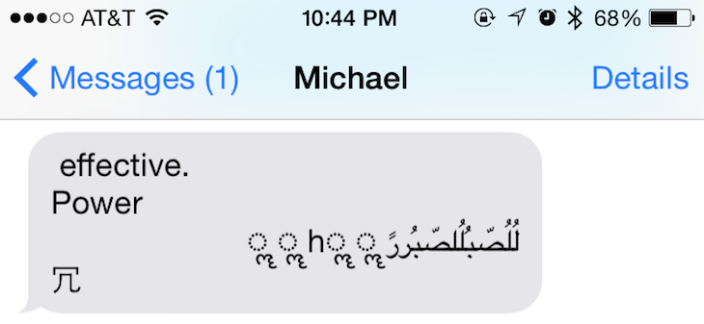
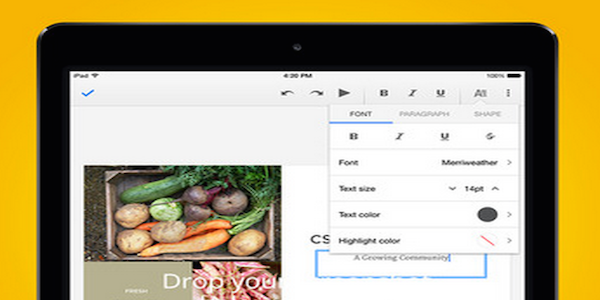
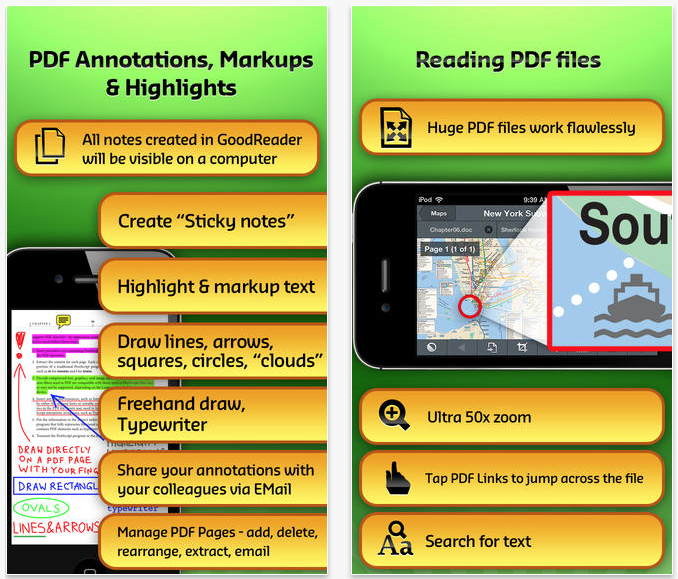
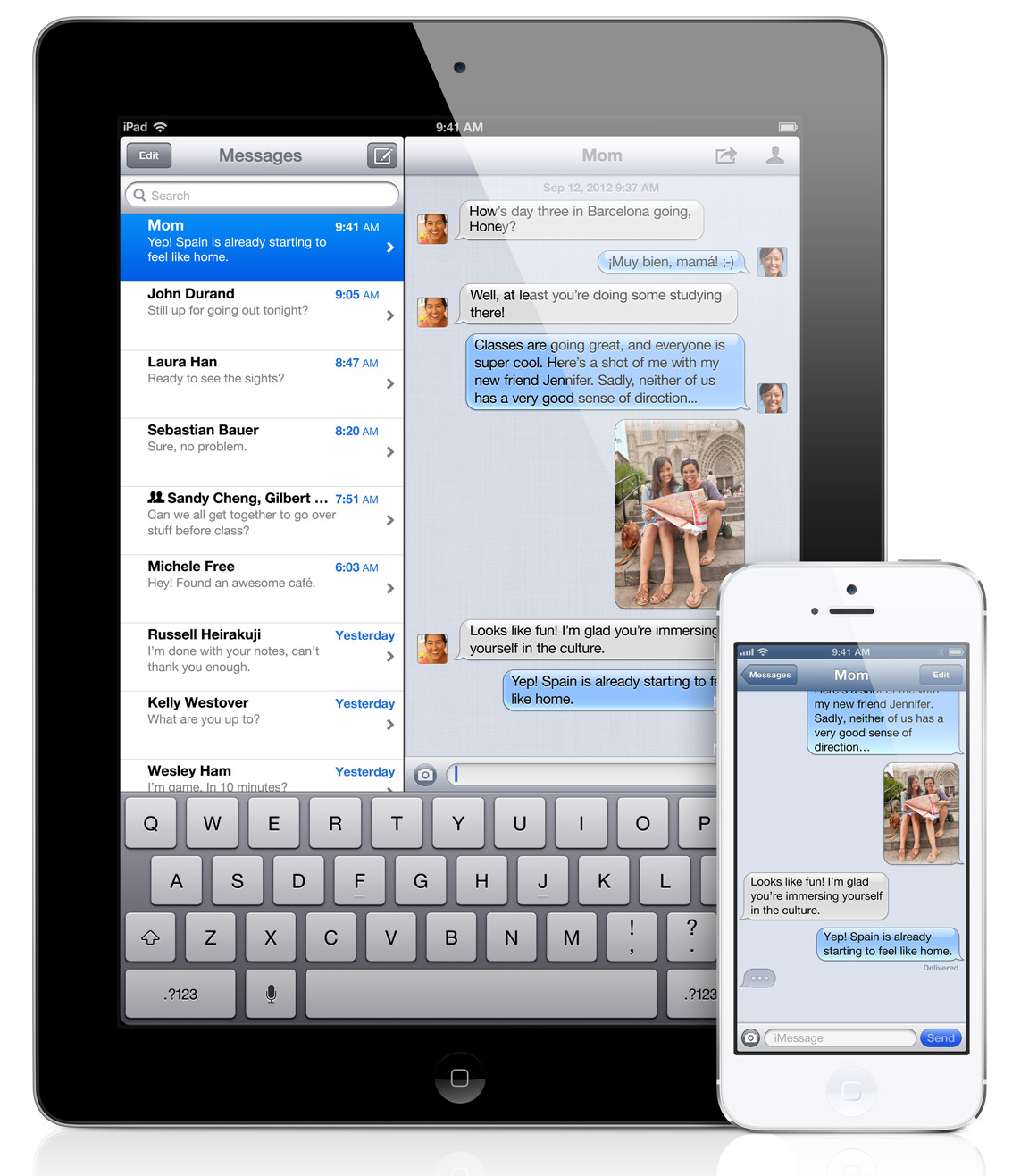
 BBC reported today
BBC reported today